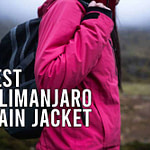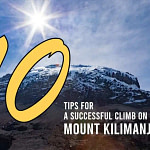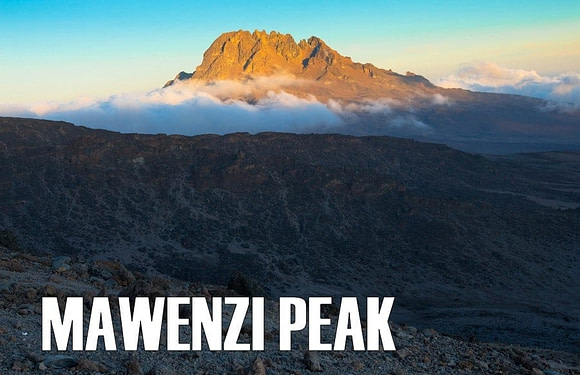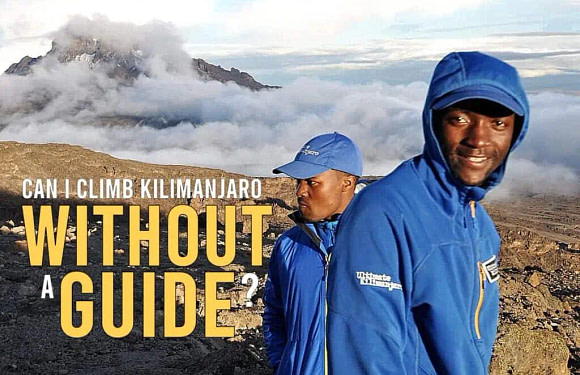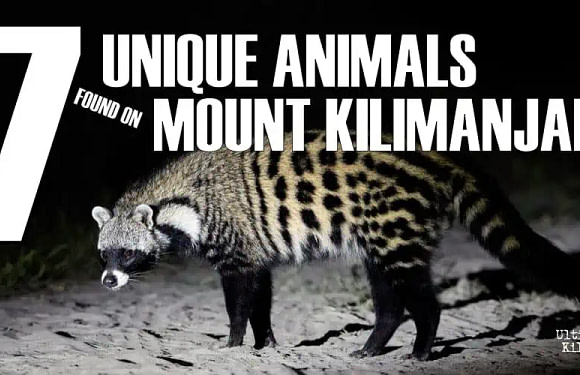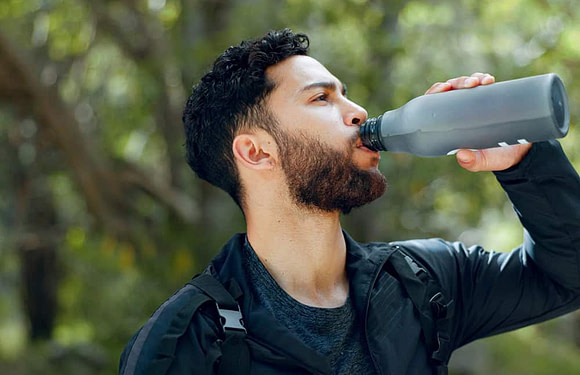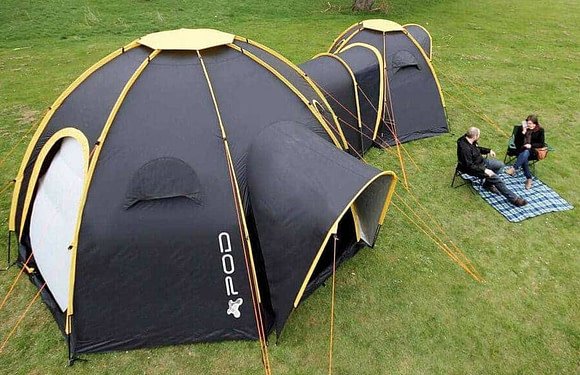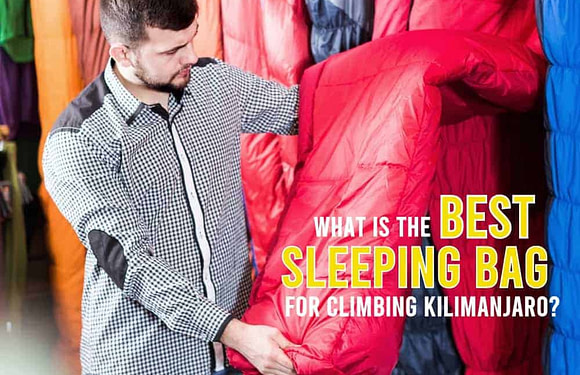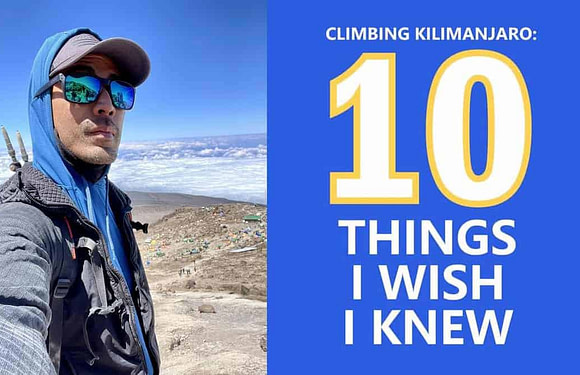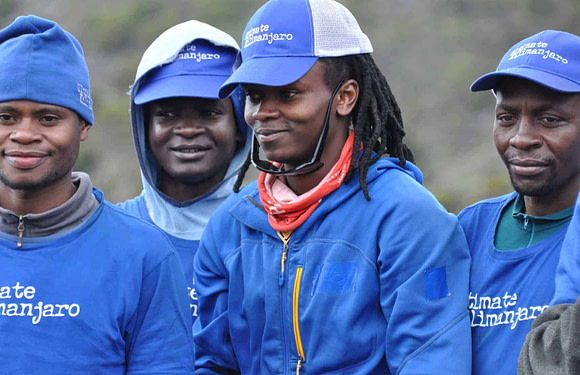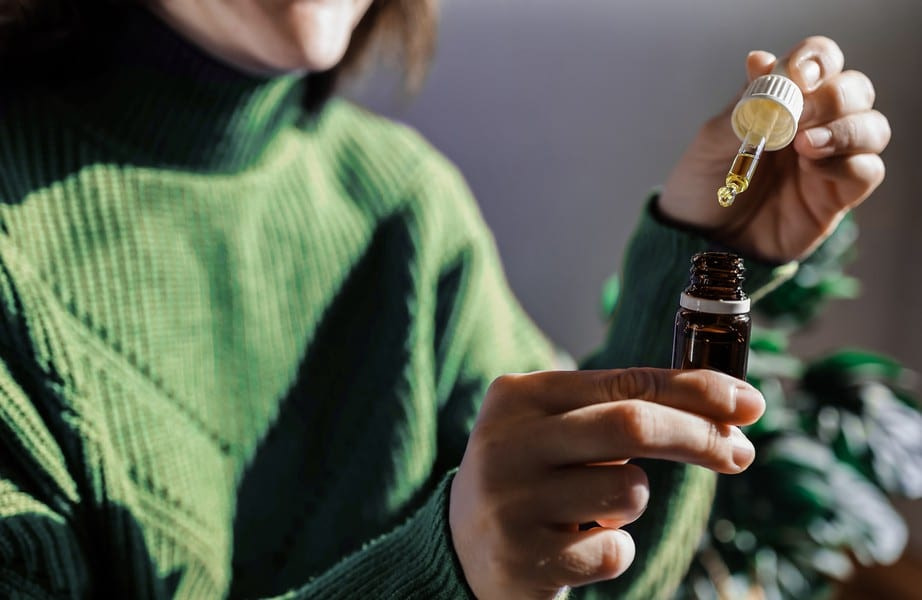
Both cannabis (marijuana) and CBD are illegal in Tanzania. If you are considering bringing cannabis products – flower (buds), concentrates, edibles, tinctures, topicals – on your trip, DON’T DO IT!
Tanzania enforces a zero-tolerance policy toward drugs. The Drug Control and Enforcement Act criminalizes possession, use, cultivation, and trafficking of cannabis in all forms. Marijuana is illegal regardless of the amount or the purpose. CBD and delta-8 are treated the same as marijuana. No distinction is made between products with high THC content and those advertised as hemp-derived or THC-free.
Medical exemptions do not exist. A prescription from abroad or a doctor’s letter carries no authority. Any cannabis-related product is classed as a narcotic. Visitors are subject to the same legal standards as citizens.
Penalties Under the Law
The penalties are severe and enforcement is consistent.
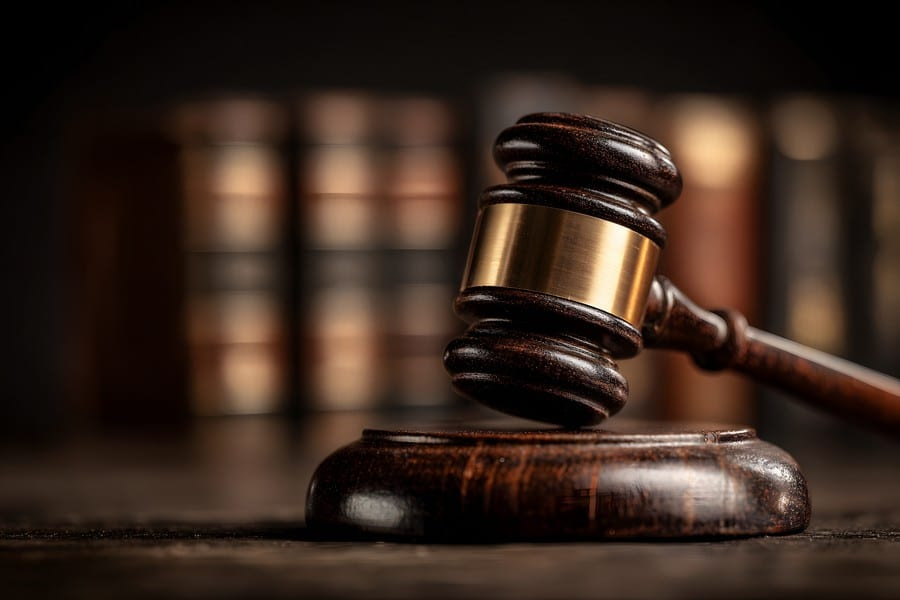
Punishments are harsh even for small offenses. Possessing a small quantity of marijuana can lead to fines, imprisonment, or both. Using it or owning smoking equipment is a separate offense that also carries fines and possible jail time.
Supplying or trafficking leads to sentences of up to 30 years, and in serious cases, life imprisonment. Cultivation is punished by a minimum of 30 years in prison. Repeat offenses bring dramatically heavier sentences, often extending to life.
These are not theoretical risks. Tanzania actively prosecutes drug crimes, and courts enforce strict sentencing. Foreigners are prosecuted under the same laws as locals. They are not treated more lightly. There are no loopholes or allowances.
Airport and Customs Enforcement
Some travelers might believe they can bring small products and slip through unnoticed. This is a risky mistake.
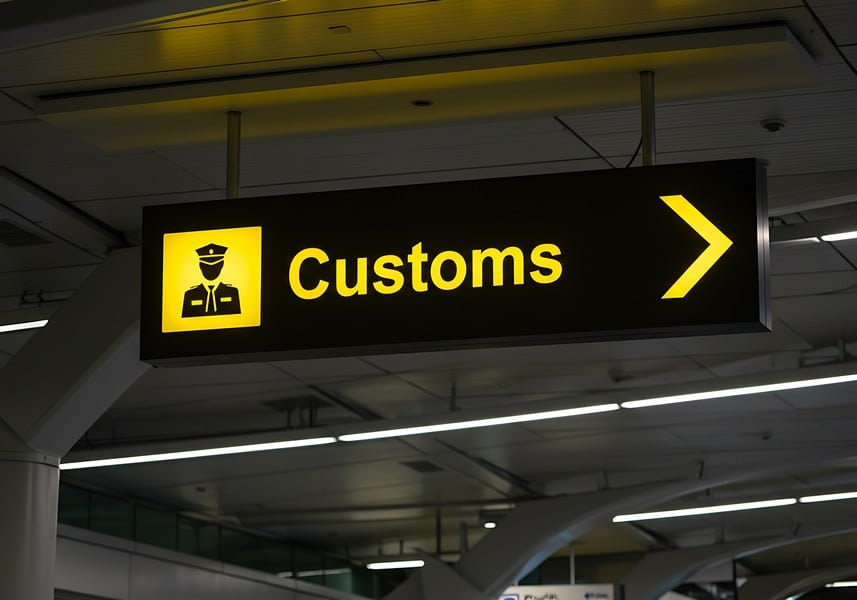
Arriving passengers at Kilimanjaro International Airport and other major entry points face full baggage screening. Every checked and carry-on bag goes through X-ray machines. Customs officers have the authority to search luggage by hand, and drug-sniffing dogs are sometimes used.
Products like oils, tinctures, vapes, and gummies are easy to detect using airport scanners. Customs officials are trained to spot them. Packaging labeled as “CBD” or “hemp” makes no difference to Tanzanian authorities. These are considered cannabis products and are therefore illegal. Having a prescription from another country is irrelevant and does not change the situation.
What Happens if You Are Caught
Being caught with cannabis or CBD in Tanzania leads to detention at the airport or within the country. The products are confiscated. Offenders are interrogated by the Drug Control and Enforcement Authority and brought before the courts. Fines or imprisonment follow, depending on the case. Deportation does not come first. Foreigners serve their sentence before being expelled.
Cases involving tourists are rarely publicized. That does not mean they do not happen. It only means they are not widely reported. The absence of news coverage should not be mistaken for tolerance.
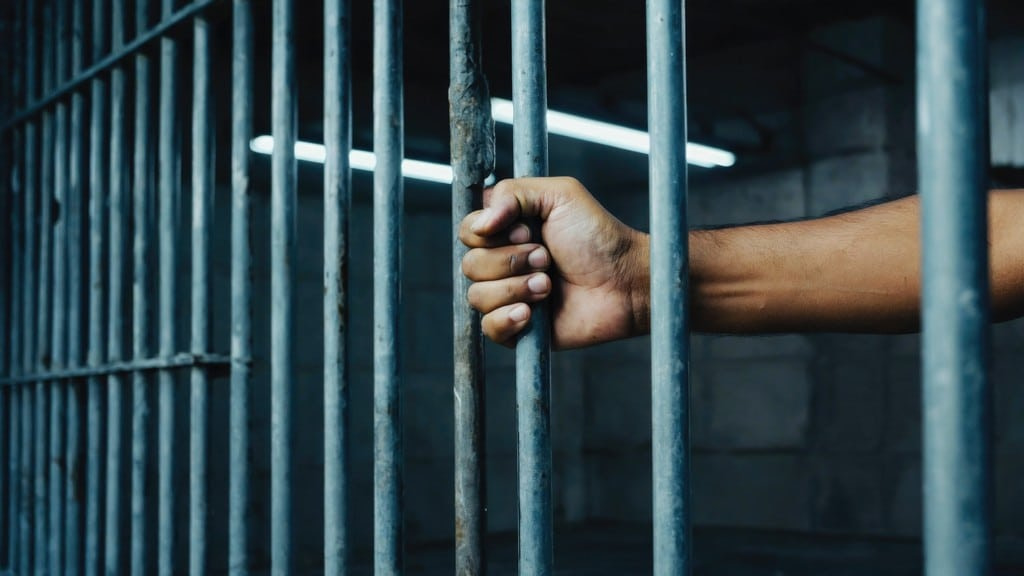
Legal Choices for Climbers
For tourists climbing Kilimanjaro who use cannabis in their home country for sleep or recovery, there are less effective but legal options. Over-the-counter remedies such as melatonin are available worldwide and pose no risk. Herbal teas like chamomile can be purchased in Tanzania. These methods avoid legal danger while still supporting sleep and recovery.
Do not attempt to bring or use marijuana or CBD. The risks far outweigh any benefit. At Ultimate Kilimanjaro, we encourage clients to focus on the climb, stay safe, and stay within the law.





